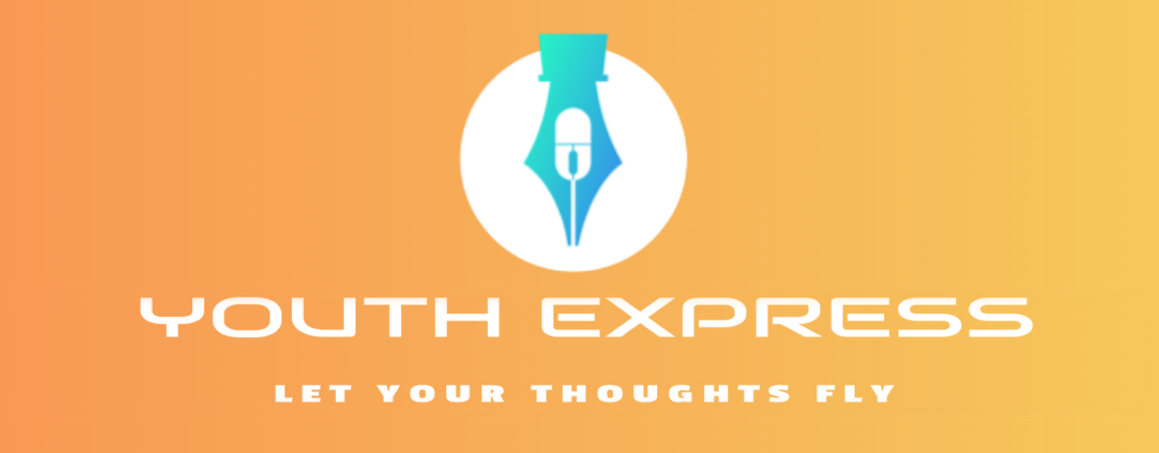Education was always a fundamental material for the building of European Union’s cohesion. According to the official page of the DG EAC: ‘Education and training play a key role in transforming the European Union (EU) into a world-leading knowledge-based society and economy.’ That is the reason why EU has invested and is willing to invest even more money to this field. The main program for education, culture and youth that is ending this year, Life Long Learning, is now meant to be replaced by the Erasmus + program for Youth, Education and Sports.
Historically, many things have changed in the field of education. In the last past years, ever since the adoption of the Lisbon Strategy in 2000, the European Union has adopted a big number of new educational programs and improvements of them in order to create the best environment possible for the educational process for the member-states.
The most extended of them was the Life Long Learning Program (LLP) that enabled people (youth, students and adults) to gain new learning experiences and develop their skills in education and training across Europe. The program’s budged was nearly 7 billion and lasted from 2007 until 2013. Other programs that took place in the past 7 years were i) Comenius for the schools, ii) Erasmus for higher education, iii) Leonardo da Vinci for vocational education and training, Grundtvig for adult education, iv) Jean-Monnet sub-program for European integration and v)
The main department responsible for the development in the field of education and culture is the Directorate General for Education and Culture (DG EAC), who’s current European Commissioner is Androula Vassibliou. The DG is going to be working under the framework of the Education and Training 2020 Strategy from this year until 2020. DG EAC is mainly responsible for developing and the managing new EU policies in the field of education and culture, and for supporting structural dialogue and new initiatives by the member-states in all the educational levels (schools, universities, vocational educations and trainings, adult education).
Education and Training 2020 Strategy (ET 2020) is a part of Europe 2020 strategy, according to which the DG has to continue all its past activities in the field of education and training and to extent them further in order to help through educational measures to eliminate unemployment and to promote more the development of the EU citizens skills in active citizenship and in the job market. In addition, within the ET2020 strategy is included the new Erasmus + program. The new agenda for the member-states is to
1. Promote the youth movement within the member states and between non-EU countries and other countries. This parameter is thought to be helpful for the young to equip them with new skills for their future jobs and to develop intercultural understanding of other, than the national, job markets.
2. Development of digital skills. The ongoing innovations in the digital field and their use from young people are going to improve the working status of all the EU member states.
3. Promote of European strategies and initiatives against poverty and social exclusion. This is a challenge that European Union is developing for a long time. The main goal of it is to create an environment of equality for all the EU citizens, so that they can participate in education and job market with equal amount of skills and knowledge and tackle the existing skills gaps.
4. The extension and the improvement of the current working policies in the field. It is thought that the progress done so far under the Life Long Learning Program is well done and it has to be continued as well as improved in some parts, so that it responds better to the needs of EU citizens.
For the next 7 years the Erasmus+ Program is going to be the framework under which is going to be included many past programs and actions. Namely, Erasmus+ includes the Life Long Learning Program (Erasmus, Leonardo da Vinci, Comenius and Grundtvig), the Youth in Action Program, Erasmus Mundus, Tempus, Alfa, Edulink and the program for cooperation with industrialized countries. In addition to the past programs the Erasmus + is going to include a new action for Sports.
The budget for the new programs is estimated at 14,7 billion Euros, which is a general 40% increase compared to the past budget and is supposed to provide opportunities for over 4 million EU citizens to study, get trained, gain work experience and volunteer.
In addition to the Erasmus + Program, there are 4 more Programs that have been greated for the next 7 years. Creative Europe Program is going to support Eu citizens in the field of audiovisual, cultural and creative sector. This program is also bringing together 2 past programs, namely the Culture Program and the Media Programs that existed from 2007 until the past year. This program is going to boost the possibilities of EU citizens in the field of media and culture and to support their creativity. Europe for Citizens Program is a totally new program that aims at raising public awareness and awareness of the common EU identity and active democratic participation. The EU Aid Volunteer initiative is a new initiative that give the opportunity to citizens from different countries to work voluntarily in humanitarian projects and to get trained towards this field. Finally, the Eurydice Network is a new action that promotes the bring closer the different educational systems in Europe. This network is supposed to assist in order to improve the educational systems across Europe though active participation and good practices exchange.
All those programs, initiatives, actions and networks plus more that are not mentioned here are going to be included under the Horizon 2020 Program, which is the Research and Innovation Program until 2020. This program has a total available budget of 80 billion Euros and is supposed to attract more from the private sector. The main aim of this program is promote research and innovation and to make reality the ideas that are created in the labs. This Program is immediately connected to education and has planned to work on some main goals that have to be achieved by the end of the program on the educational field. Those goals have to do mainly with the elimination of the rates of people that don’t have proper education and the increase of the people that keep getting educated for a long time and the employment rate. The funding for all the programs are going to be provided through two types of funding: Grants for specific projects and Public Contracts to buy services, goods and work.
In addition to all the aforementioned structured programs, there are some more initiative created by the European Commission for the educational sector. Some of the most characteristic ones are the Open Education Europe portal, which aims at offering tools to teacher and all other educators in order to share their practices, to communicate and to discuss with other educators all around Europe. This platform is meant to be a resource reaching tool in order to find MOOCS, courses, Open Education Recourses, to share and discuss problems, solutions and good practices in the educational process and use the already existing tools that are offered in the platform. Another important tool that is provided is the Europass documents. Europass is a platform which provides European citizens with 2 documents that help them showcase their knowledge and education and 3 documents that showcase their vocal education and training experiences. All those programs and tolls are offered for all EU citizens freely.
As seen so far, education is an area with constant challenges both for the educators and the policy makers. The challenges that they have to face for the next 7 years are going to exist mainly in the field of the sustainability of education and the flexibility of all the main players/factors in the educational process in a constantly changing environment. The EU citizens are going to face many changes in the job market, which are immediately going to be reflected in the education. Therefore the policy makers of the education need to be ready to react properly to all those challenges on time. Most of the Europeans, especially the youth, welcome all the opportunities given by the European Union institutions and at the same time have the responsibility to be aware of them and to make a good use of all of them and to ask for more where they are needed.
But we should never forget that European Union is only designing its policy and it is each member-state’s responsibility to build a fruitful and functional educational and training system. EU offers the possibility and the motivation for educator, trainer, teachers and professors to gather all together in order to exchange useful information or good practices and the possibility to get funds for innovative ideas and projects that may lead towards the building of a better EU society. Finally, the European Union offers the first step for all the participants of the educational process to advice for improvement of the EU policies in the field of education. The active participation in the common EU future is a power and a responsibility for all of us.
Androulla Vassiliou is currently European Commissioner for Education, Culture, Multilingualism and Youth. “Investing in education, training and research is the best investment we can make for Europe’s future. In the period 2014 – 2020, Erasmus+, the EU’s new programme for education, training, youth and sport, will enable more than 4 million people to study, train, work or volunteer abroad. This experience enhances their skills, personal development and job prospects – and it can also contribute to overcoming the crisis.”

